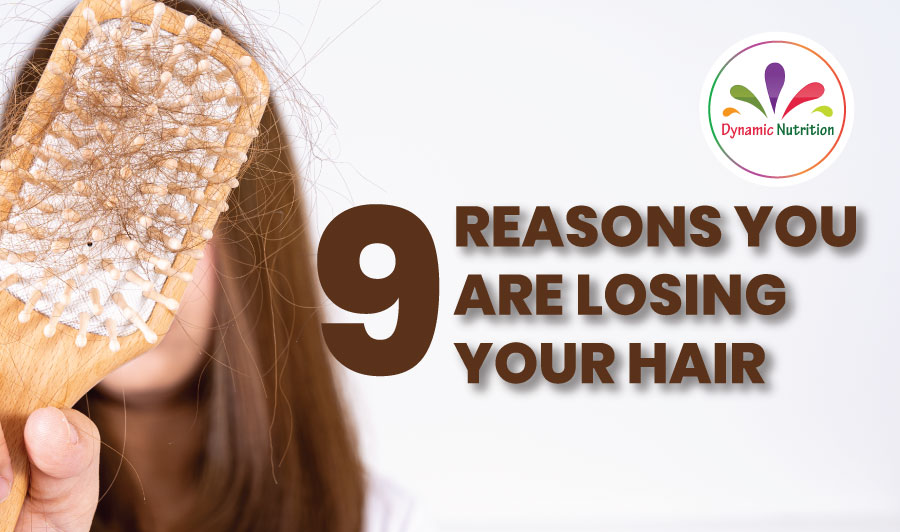 A combination of genetics and hormone imbalances accounts for 96% of all cases of hair loss and male pattern balding in men. There are many factors that can trigger hair loss and balding.
A combination of genetics and hormone imbalances accounts for 96% of all cases of hair loss and male pattern balding in men. There are many factors that can trigger hair loss and balding.
Hair loss can be devastating. If you think your hair might be thinning, know that you are not alone. Hair loss is one of the most common issues dermatologists see and the first step is to determine the cause of hair loss.
Here are the top causes of hair loss in men.
1. Genetics
Androgenetic alopecia is also known as male pattern baldness is a genetically predetermined disorder. Men inherit the baldness gene from the X chromosome that they get from their mothers.
2. Hormonal Imbalance
High levels of androgens or the male hormones are responsible for shrinking the hair follicles thus making hair fall out. Dihydrotestosterone (DHT) is a hormone that delays the regrowth of new.
For women during menopause, Estrogen and progesterone levels fall, meaning that the effects of the androgens, male hormones, are increased. As a result, hair might become finer (thinner) because hair follicles shrink.
3. Age
85 % of men will experience hair loss or alopecia by age 70. For men, a receding hairline can start any time after the end of puberty and by their mid 30s, they would have a receding hairline.
4. Over styling
Men who frequently use hair care and styling products that contain chemicals such as sodium lauryl sulphate (SLS) or who have long hair that is constantly pulled back, may experience hair damage as well as hair loss.
5. Poor Diet
Following a balanced diet that consists of nutrient-dense foods is important for hair health. Zinc helps in the maintenance of healthy, thicker hair while deficiencies in protein, vitamins, minerals, and fatty acid deficiencies can all lead to hair loss.
6. Stress
There are 3 types of hair loss that are triggered by stress, telogen effluvium, alopecia Areata, and trichotillomania. Fortunately, stress-related hair loss is often temporary and hair condition will improve once the cause of stress is managed.
7. Medication
Though rare, a variety of medications such as beta-blockers, blood thinners, antidepressants, cholesterol-lowering drugs, anti-inflammatory drugs, and hormone-related drugs like thyroid meds and steroids can cause hair loss
8. Medical Conditions
Medical issues, like anemia, thyroid problems, cancer, diabetes, Covid-19, lupus, heart problems, depression and gout are some of the conditions that can affect your hair, causing hair fall and thinning
9. Skin infection
Fungal skin infections, as well as bacterial infections like Syphilis, can all be responsible for balding or thinning hair. Fungal infections and psoriasis of the scalp or hair roots can lead to hair loss and even balding.











Facebook Comments